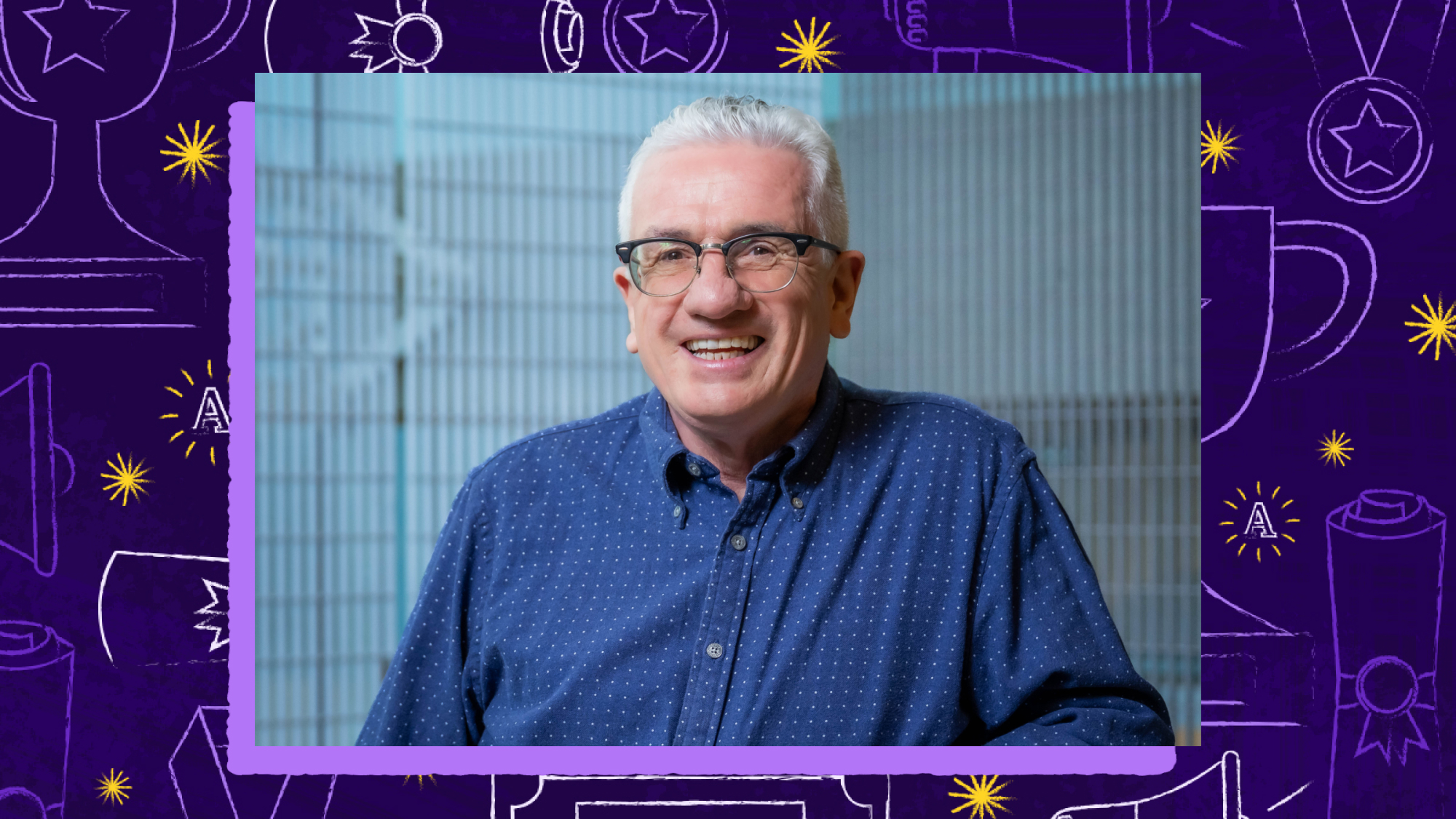Students Travis Allan and Bryn Runkle use their training in the Social Sciences in their jobs as research assistants in the Faculty of Land and Food Systems.
Where carbon cash flows, and international intrigue coincide, there you will find Arts undergraduate students Travis Allan and Bryn Runkle. Hailing from the International Relations Program and the Department of Economics respectively, Travis Allan and Bryn Runkle are using the skills they’ve learned in Arts to help an agricultural sciences professor study some of the implications of the Kyoto Protocol. “Other faculties don’t always have people with the skills we learn in Arts,” says Runkle. “The fact that we are in Arts allows these professors to tap into different sources of expertise.”
After searching for research opportunities on campus, Allan and Runkle secured positions with Professor Katherine Baylis, a professor of food and resource economics who teaches in the Faculty of Land and Food Systems at UBC.
Baylis says she had never hired undergraduates as research assistants before meeting Allan and Runkle. But she was quickly impressed with the skills of both students. “I was very lucky with both Travis and Bryn,” she says. “Very good students, very intelligent.”
Coffee and Carbon Training
Under Baylis’s guidance, Allan and Runkle have taken part in several long-term research projects over the past year, exploring subjects ranging from the legal acrobatics of the softwood lumber dispute to the actual fairness of Fair Trade coffee. More recently, they’ve been studying a process known as carbon trading, one of the procedures put forward by the 1997 Kyoto Protocol to reduce greenhouse gas emissions. As Allan explains, carbon trading allows a company emitting less than its quota of greenhouse gases to sell “credit” to another company that is exceeding theirs.
It might be very expensive for a factory owner to make the necessary structural changes to reduce emissions in his own plant, says Allan. By the rules of the carbon trading system, however, he could pay a farmer to adopt low-till plowing methods, which keep more greenhouse gasses trapped in the soil. The result would be the same overall reduction in high-atmosphere emissions, at a potentially much lower cost.
The process becomes more complicated in cases where the companies engaged in trading are based in different countries and governed by different laws. It’s this type of study that depends on Allan and Runkle’s backgrounds in political science and international economics. “A lot of the time it’s trying to sleuth down information in terms of what the governments are doing, because it’s not necessarily transparent,” says Allan. “When you’re looking at governments, it’s not as cut and dry as just saying, ‘Oh, we have strong property rights.’ or ‘Oh, the law says this.’”
“My International Relations and Political Science training has been really invaluable at providing me with deeper insights.”
Realizing the Relation between Research and Arts
Before they began working, however, neither Allan nor Runkle were sure there was a market for these kinds of skills in a research position. “I thought research was only something that Science students did,” says Allan.
But having developed a rapport with a number of professors during their third year, Allan and Runkle began asking around to see if any them would hire undergraduates to do research work. After several months of trying, both students succeeded in obtaining research positions with Baylis, and have been working with her ever since.
Allan and Runkle agree that the skills they’ve developed doing research for Baylis will be of great use to them in their further studies; Runkle in his Economics Honours degree at UBC, and Allan at the University of Toronto Law School.
In giving advice to undergraduate students looking for research work, Baylis suggests taking the initiative and approaching professors directly. “Going in and asking and being a bit proactive about it is useful, because most of the time money comes from grant applications, and professors don’t necessarily think to request specific funding unless they’ve been approached,” says Baylis. “Totally believe in yourself,” adds Runkle.


